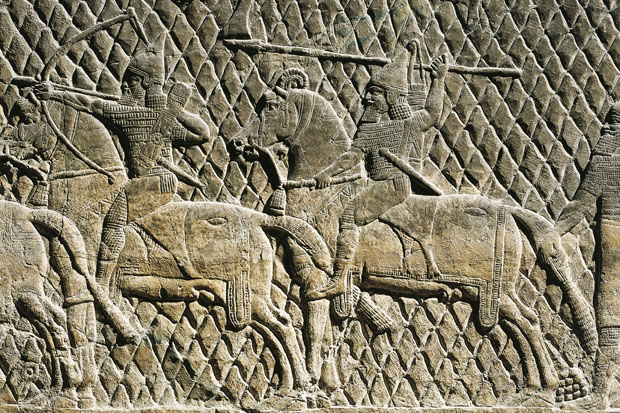Perhaps we need censorship. The Isis vandals now destroying the greatest sites in ancient Mesopotamia have no care for history, so why do they bother? The answer is to get publicity. As with beheadings, they want to taunt us with their outrages. So why give them what they want, which is our obvious dismay? Why encourage more destruction?
To read of the loss of ancient monuments is heartbreaking.
Already a subscriber? Log in
Subscribe for just $2 a week
Try a month of The Spectator Australia absolutely free and without commitment. Not only that but – if you choose to continue – you’ll pay just $2 a week for your first year.
- Unlimited access to spectator.com.au and app
- The weekly edition on the Spectator Australia app
- Spectator podcasts and newsletters
- Full access to spectator.co.uk
Or
Unlock this article
You might disagree with half of it, but you’ll enjoy reading all of it. Try your first month for free, then just $2 a week for the remainder of your first year.














Comments
Don't miss out
Join the conversation with other Spectator Australia readers. Subscribe to leave a comment.
SUBSCRIBEAlready a subscriber? Log in